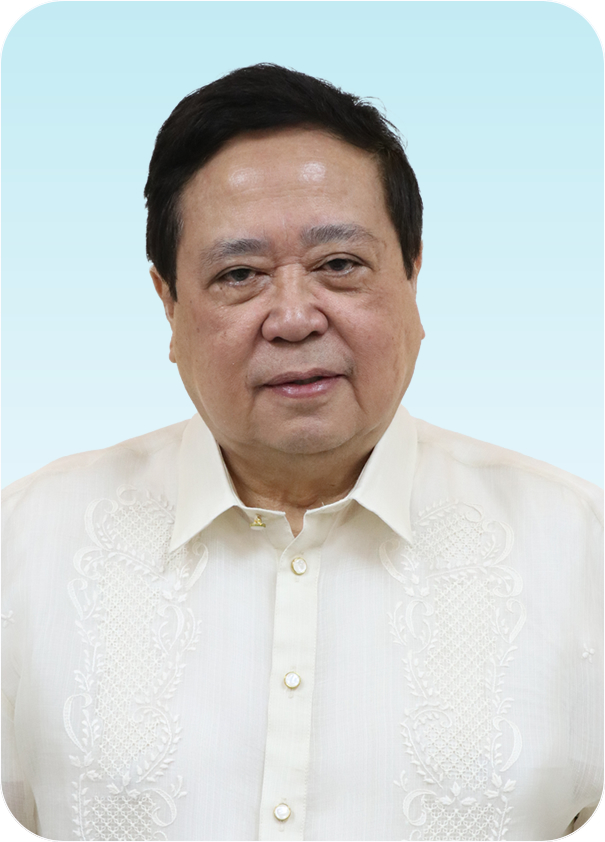By Beting Laygo Dolor, Contributing Editor
Last year, he allowed it to remain an official holiday. This year, however, President Ferdinand Marcos Jr. removed the annual celebration of the EDSA People Power Revolution from the list of holidays with what many believe is the flimsiest of reasons.
The 38th anniversary of the event is not on the list of holidays because “February 25 falls on a Sunday,” according to a statement from the Office of the President.
The Palace, however, stated that it maintained its respect for the commemoration of the 1986 event.
The statement said, “There is a minimal socio-economic impact in declaring such a day as a special non-working holiday since it coincides with the rest day for most workers/laborers.”
However, the Marcos administration declared February 24, 2023 a special non-working day “to enable our countrymen to avail of the benefits of a longer weekend pursuant to the principle of holiday economics” and providing that the “historical significance” of the EDSA People Power Revolution Anniversary is maintained.
The President’s sister, Sen. Imee Marcos, said the presidential palace should issue a clarification on the matter, while saying “I think we all acknowledge that it is a holiday.”
Excluding the anniversary from the list of national holidays for 2024 cannot change the truth about the historic uprising that toppled the 20-year reign of her father, the late dictator, Sen. Marcos conceded.
“It cannot be revised because history is very clear,” she said.
The list of holidays, however, still includes August 21 as Ninoy Aquino Day.
Martial law opposition leader Aquino’s assassination at the Manila International Airport after three years of exile in the US was the spark that eventually led to the People Power Revolution.
Aquino’s widow would eventually become president after facing the dictator in a “snap election.” Congress declared Marcos the winner as a result of massive cheating that was documented and enraged the populace. People from all walks of life assembled along Epifanio de los Santos Avenue (EDSA) to protest for days.
One of the main leaders of the political opposition, Liberal Party president Edcel Lagman, said Proclamation number 368 which listed all of the national holidays for next year was “an inordinate arrogance of the second Marcos administration.”
Lagman added that dropping the annual celebration was part of a “continuing distortion of the verities about the evils and repression of the Marcos martial (law) era.”
Lagman said the current president “should not be punished for his father’s sins but he is expected to admit and seek amends for his father’s transgressions in order to achieve reconciliation, unity, and justice.”
Critics have pointed out that the President had apparently taken other steps to rewrite history.
Earlier this year, academicians noted that some school textbooks had referred to the President’s father’s era as simply the martial law years, instead of what they said was the more historically accurate “Marcos martial law years.”
The Education department said they were not aware of the changes in the new editions of the textbooks that delve in Philippine history.
Lagman filed this week House Bill 9405 seeking to declare February 25 of every year as a regular non-working holiday.
It was, after all, the historical mass movement that forced the entire Marcos family to flee from the Philippines to evade the million-strong gathering that was prepared to storm Malacañang Palace. By then, the Filipino people had gotten tired of the excesses of the dictator Ferdinand E. Marcos and his wife Imelda.
One of the last major players in the EDSA revolution was then Defense secretary Juan Ponce Enrile, who in partnership with Gen. Fidel Ramos, called on the people to troop to EDSA and demand the resignation of Marcos. Now nearing 100, Enrile is a member of the Cabinet of Marcos Jr.
































